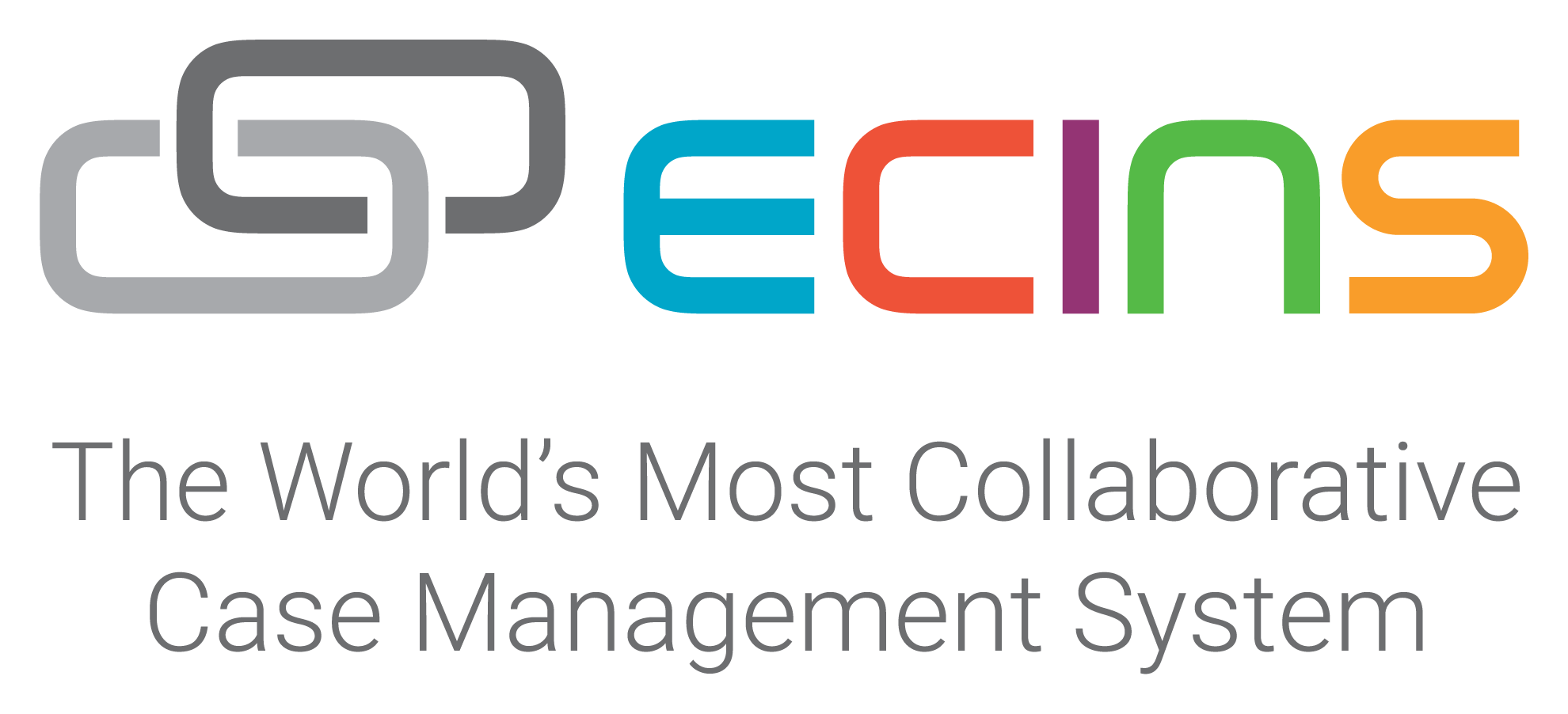For large organisations, data is an invaluable resource for driving impactful decisions. For small organisations, it’s the number one thing that could help transform their efficiency and the way they work. However, simply generating reports or displaying visual dashboards is no longer enough. True data-driven decision making involves the ability to connect multiple data points over time, creating a comprehensive picture that informs practitioners, teams, and organisations about the most effective ways to support vulnerable individuals—or even to conduct thorough investigative processes.
Using data is more than looking at a graph; it’s about being able to organise your data, linking key pieces of information together to provide a complete picture of what is going on in a vulnerable person’s life. As a practitioner, your ability to use data to your advantage is crucial.
You also need to be able to evidence that the work you are doing as a practitioner is effective. The difference between short-term results and long-term rehabilitation can often be hidden in the data. ECINS helps you find that data.
By enabling real-time analytics and the seamless integration of diverse data sets, ECINS helps organisations achieve a more holistic view of their clients, cases, or investigations—ultimately improving outcomes on every level.
The Power of Linking Data Over Time
Traditional analytics solutions often focus on generating snapshots of data at a single point in time. While these snapshots can be useful for quick overviews, they lack the depth needed to truly understand trends, correlations, or the progression of events and interactions.
Key Benefits of Linking Data Over Time
- Identifying Patterns and Trends
- See how a client’s needs evolve, how an investigation progresses, or how certain behaviours develop.
- Detect recurring issues or triggers that may point to underlying challenges.
- Proactive Intervention
- Use historical data to predict future needs or risks, enabling earlier and more targeted interventions.
- Spot emerging issues before they escalate, ensuring timely support and resource allocation.
- Holistic Support Processes
- Bring together multiple data sources (e.g., referrals, case notes, assessments) to form a complete client or case history.
- Encourage multi-agency collaboration by providing a shared, data-rich platform.
Achieving a Holistic Support or Investigative Process
By linking data across agencies, departments, and timeframes, ECINS fosters a more holistic approach to both support services and investigative work.
Holistic Support
- Comprehensive Client Records: Aggregate details from multiple touchpoints (e.g., intake forms, care plans, case notes) into a single timeline. This timeline reveals how a client’s needs evolve, which services have been most effective, and where additional support might be required.
- Interdisciplinary Collaboration: Encourage cross-departmental or multi-agency teams to work together in real time, sharing insights and resources. A youth offending team, for example, might collaborate with mental health services, education providers, and community organisations to support a young person holistically.
- Outcome Tracking: Use analytics to measure the impact of interventions over time, determining which strategies are most successful and why. Continuously refine processes based on data-driven findings.
Complete Investigative Process
- Incident Linking: Tie together various incidents or reports that may involve the same individuals, locations, or patterns. Spot trends or suspects that might not be evident when incidents are viewed in isolation.
- Collaborative Investigations: Enable law enforcement, social services, and other relevant agencies to share data in real time. Build a more robust case by connecting supporting evidence, statements, or background information from different systems.
- Evidence-Based Conclusions: Ensure that decisions made during an investigation are backed by comprehensive data analysis rather than fragmented inputs. Minimise oversights and strengthen the integrity of investigative outcomes.
How ECINS Facilitates Data-Driven Decision Making
- User-Friendly Interface
- Designed with frontline practitioners and investigators in mind, ensuring that even complex analytics remain accessible.
- Customisable dashboards that highlight the metrics and data points most relevant to individual roles.
- Flexible Reporting Tools
- Generate on-demand or scheduled reports for stakeholders, such as funders, regulators, or managers.
- Export data or findings in various formats for further analysis or presentation.
- Secure Data Management
- Adherence to international data protection regulations (e.g., GDPR, HIPAA) ensures that sensitive information is handled responsibly.
- Role-based access and encryption maintain confidentiality without restricting necessary data sharing.
- Continuous Improvement
- Built-in analytics enable organisations to refine processes, workflows, and intervention strategies over time.
- Leverage feedback loops to adjust data collection methods, ensuring that future analytics remain relevant and accurate.
Taking the Next Step Toward Data-Driven Excellence
Every decision can profoundly affect individuals’ lives and community well-being, harnessing the full potential of data is essential. ECINS offers an integrated, real-time, and holistic approach to data analysis—enabling organisations to move beyond surface-level insights and truly transform their support or investigative processes.
Ready to Unlock the Power of ECINS?
- Request a Demo: Experience the power of linking data over time and see how real-time analytics can elevate your case management approach.
- Consultation Services: Our experts can guide you in setting up analytics dashboards, workflows, and predictive models tailored to your organisation’s goals.
- Ongoing Support and Training: Ensure your staff remain confident and competent in using advanced analytics to improve outcomes.
By leveraging ECINS for data-driven decision making, organisations can move from fragmented insights to a comprehensive, proactive, and collaborative method of serving vulnerable populations or conducting thorough investigations. After all, the true value of data lies not in how it’s displayed, but in the meaningful connections and actions it inspires.
